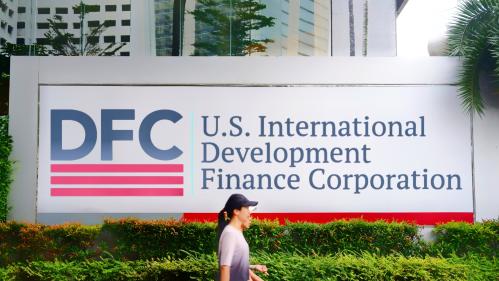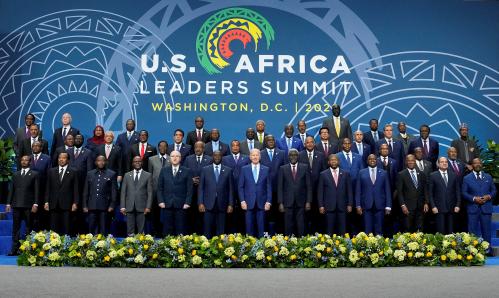The country of Burma or Myanmar has already lost at least 25,000 of its citizens to a terrible cyclone over a week ago.
Now, with well more than a million people adversely affected by the storm’s aftermath, the death toll could rise as much as tenfold if Burma’s oppressive government in its paranoia about dealing with the outside world continues restricting access to foreign aid workers.
To address this situation, the Bush administration’s admonitions to the Burmese junta about accepting aid are of course correct at one level but unpromising at another. The strongmen who run that country will not be impressed by such appeals to their better angels. Nor will any aid airdrops we conduct even in the absence of permission get the job done on the needed scale. Other countries’ efforts will remain similarly inadequate under current circumstances.
We need an immediate U.N. Security Council decision to appoint a coordinator for aid relief. That person should be an Asian, to alleviate Burmese worries as much as possible about purported hidden Western motives to use the aid mission to carry out political subversion (which are of course unwarranted, but that is largely beside the point).
The coordinator would be much more than a logistician. He or she would be charged with upholding a promise to the regime in Burma as part of the U.N. resolution not to use the aid mission to carry out political activities. In the event of any violation of this pledge on the part of the international community, the coordinator would be empowered to ask the offending governments or aid agencies to leave the country immediately.
Of course, this power would likely not be needed. But making it clear that the coordinator had the power could slightly reassure Burmese authorities — or at least help them save face, since they have been objecting to having foreign aid workers on the ground and need an excuse to explain why they are now acceptable.
At a bare minimum, such an offer of creating a coordinator would take away the regime’s excuse and make it obvious that any further suffering of its people was entirely its own fault. This is already apparent to us, but not yet to the whole world.
The relevant U.N. resolution would be under what is sometimes called “Chapter 6 and a half” of the U.N. charter. In other words, it would not call for a forcible intervention by the international community without Burma’s permission. Such operations are deemed Chapter 7 missions. Rather, this would require and involve the blessing of Burma’s junta.
But once the junta assented, the coordinator would then be in a position to pressure Burma to accept all aid needed. He or she would have tactical authority even over local officials, once given the overall strategic guidance that all would accept.
Of course, Burma’s government is not right for its country and has no legitimacy in that country. But we must work to reform or replace it under different circumstances. The present humanitarian crisis does not allow us the luxury of using the present moment for fostering political change, however warranted as a general proposition.
If we are not creative, we may look back on these days in May as the period when what has already been a tragedy for Burma turned into an historic catastrophe. We must not allow that to happen.



Commentary
Op-edAid Strategy for Burma’s Cyclone Victims
May 13, 2008